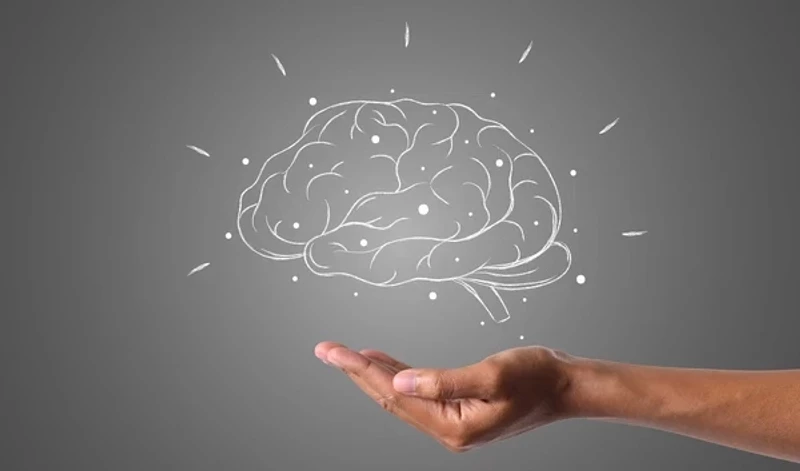Recovery process
After 48 hours, you can begin the Gradual Return to Learn process. Ideally you will:
- Work with your school to manage this process and school workload and any assessments or commitments.
- Make sure to see a doctor before returning to sport.
- Be aware of mental health during recovery, recovery can be hard. Students should talk to your parents/coaches/friends and ask for help if you need it.
If you have any issues or concerns around mental health, contact a medical professional, medical health provider, physiotherapist, or your school’s concussion officer (if you have one) to seek appropriate support.
The following is a recommended 6 stage process to guide return to learning.
Gradual Return to Learn and Activity Process
| Return to mental activity | Return to physical activity and training |
Stage 1 First 2 days Relative Rest | Avoid any activities that provoke symptoms. Rest from thinking tasks and screens, Relative physical rest (light activities around the house) | Relative rest from – light activities of daily living around the house that do not provoke symptoms are OK. Gentle exercise, that is walking around the house. |
Stage 2 Things that do not give you symptoms* | No symptoms with things that you would do at home. | |
Minimum of 24 hours between stages before progressing. Gradually introduce more daily activities. Activities away from school/work: e.g. reading, texting, screen time or watching TV, as long as they do not increase symptoms (e.g. headaches, dizziness, fatigue). Start with 5 minutes at a time. | Light physical activity, e.g. short walks outside. Start with 5-15 minutes at a time and gradually build up. | |
Stage 3 School/Work activities at home* | No symptoms with study/work. Symptoms should be improving. | |
Increase study/work-related activities with rest periods. Reading, checking emails, homework or other thinking tasks. | Increase intensity of exercise guided by symptoms.
| |
Stage 4 Return to School/Work (Part-Time)* | Gradually return to school and exercise, guided by symptoms. If symptoms worsen, drop back a stage. | |
May need to start with a half day at school or take regular or additional breaks during the day.
| Start training activity without risk of head impact, no contact training. | |
Stage 5 Earliest 14 days post-injury Return to School/Work (Full-Time) | Return to normal school/work & sport-specific training; Full return to school BEFORE full training No Competitions/Games | |
Gradually increase school attendance until fully back at school. May need to take breaks during the day to rest their brain until they tolerate a full day. | May progress to full sports specific training if they have: Completed Stages 1-4 AND have fully returned to school/learning activities AND have no symptoms AND at least 14 days post-injury | |
Stage 6 Earliest 21 days post-injury Return to sports competition
| Return to sports competition and games; Minimum 21 days following concussion | |
Fully back at school. | Can return to sports competition and games if they have completed Stage 5 AND are symptom free during sports training AND are at least 21 days post-injury. For contact sport: Whilst not mandated by ACC, it is strongly recommended that the student seeks clearance from a health practitioner experienced in concussion management prior to return to contact sport competitions/games | |
Return to physical activity plans may start within 48 hrs at a symptom guided level that is appropriate for the individual.
Some sport codes (such as rugby) may require medical clearance from a GP before returning to contact sport. It is important that Return to Play Plans are shared across codes to ensure sport specific Return to Play processes are adhered to.
A graded, progressive return to physical activity/exercise plan should be planned and overseen by the sports coordinator or physical education teacher, or by a physiotherapist or Concussion Service.
Who to contact:
It is important to contact your doctor or physiotherapist (or other health provider looking after you) if you have any signs or symptoms of concussion, or if the symptoms get worse.
